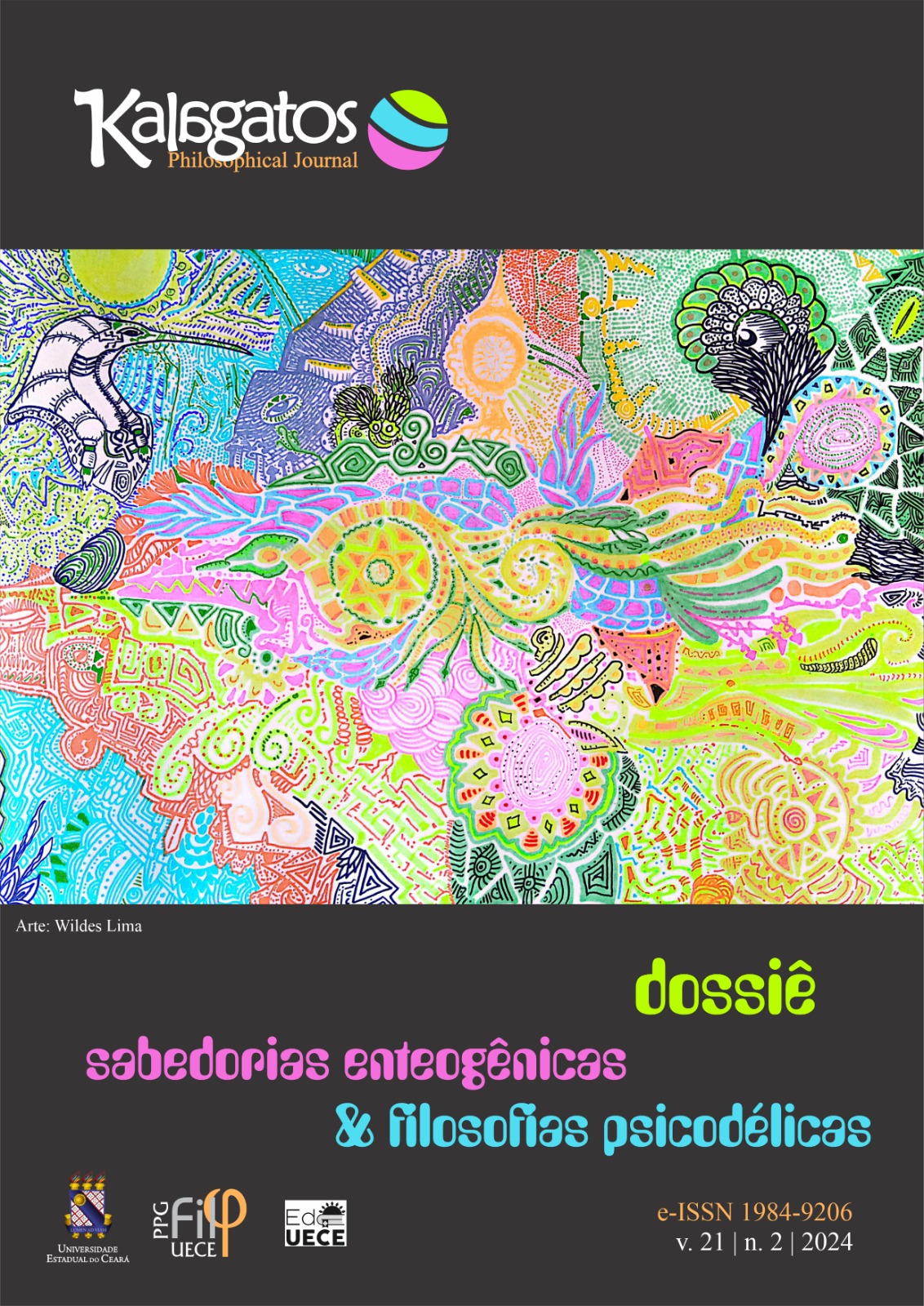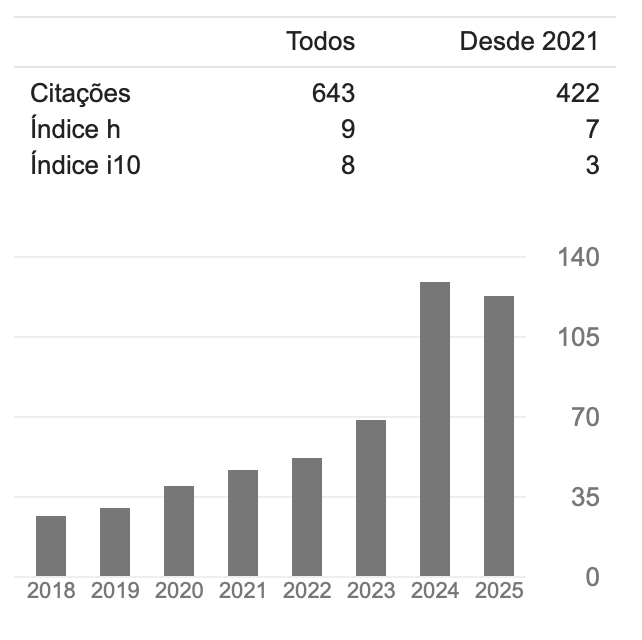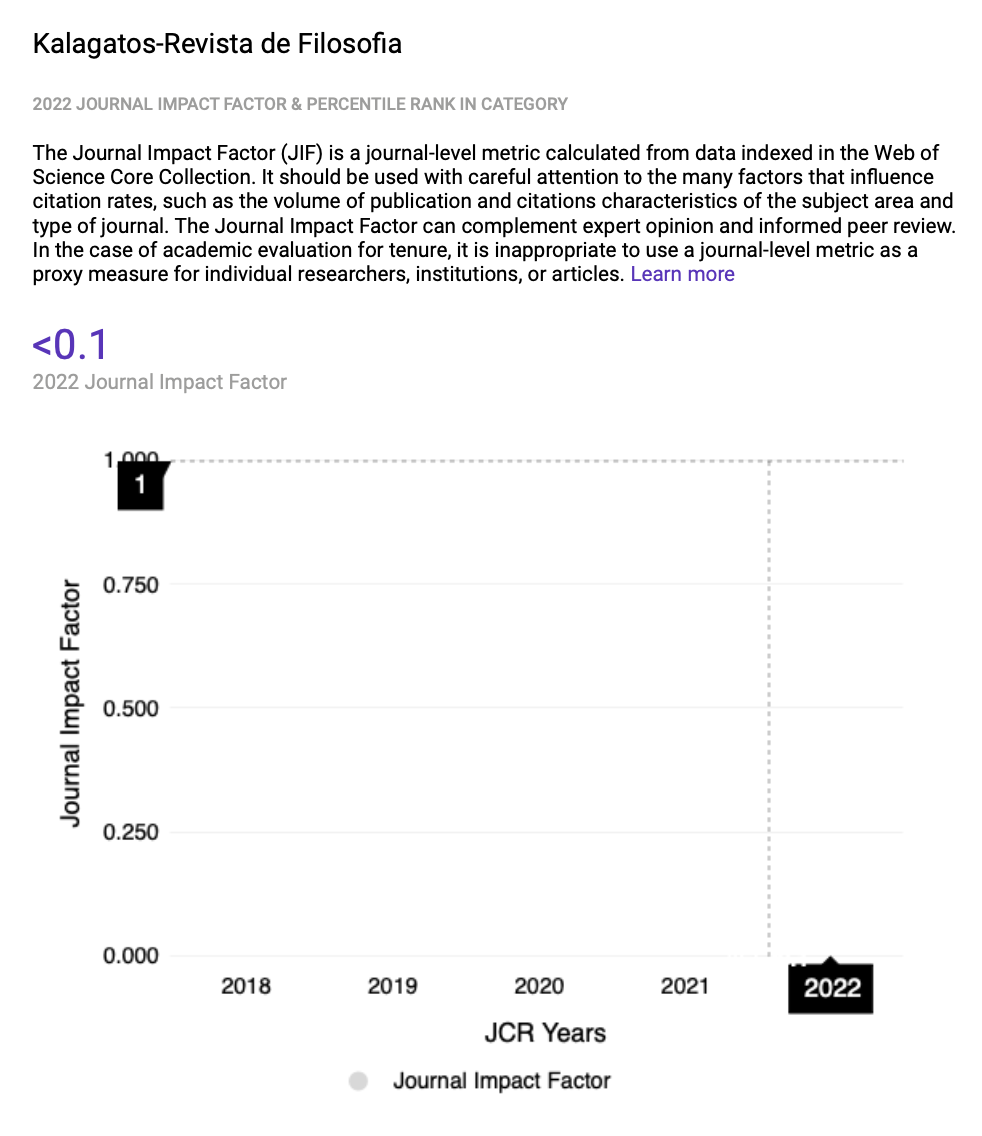Mahatma Gandhi's Modern Minimalist Philosophy and Its Influence on the Contemporary World
Palavras-chave:
filosofia de Gandhi, minimalismo, não violência, verdade, VietnãResumo
Resumo
Mahatma Gandhi, que liderou o famoso movimento de independência da Índia, desenvolveu uma filosofia profunda baseada nos princípios da não violência e da verdade, que juntos o elevaram a uma figura globalmente reconhecida, com influência muito além de seu tempo. Este estudo investiga as complexas camadas de significado do pensamento de Gandhi, situa-o em um rico contexto histórico e examina como suas visões se moldaram durante a feroz resistência da Índia ao domínio colonial britânico. Além disso, o estudo busca estabelecer conexões significativas entre sua filosofia e os desafios urgentes que o mundo enfrenta hoje, demonstrando que a ênfase de Gandhi no minimalismo e na não violência oferece soluções práticas e profundas para problemas modernos, especialmente crises ambientais que ameaçam o ecossistema global. O Vietnã, um país que enfrenta problemas ecológicos semelhantes em um contexto de rápido desenvolvimento, serve como um estudo de caso adequado, ilustrando como a filosofia de Gandhi se encaixa na busca pelo desenvolvimento sustentável. Ao conectar esses tópicos, a pesquisa abre uma nova perspectiva sobre os desafios globais, destacando como suas ideias tiveram um impacto significativo nos esforços modernos para alcançar a justiça social e o equilíbrio ecológico, afirmando, assim, seu valor a longo prazo na construção de um futuro justo e equitativo, mais sustentável.
Downloads
Referências
Berger, M. T. (1991). Review essay: Gandhi and the guardians—Michael Edwardes and the apologetics of imperialism. Bulletin of Concerned Asian Scholars, 23(3), 73-82
Bhattacharya, S. (2020). Gandhi’s concept of Swaraj: A reappraisal in the contemporary context. Journal of Indian Philosophy, 48(4), 627-645
Bui, X. D. (2025). Karl Marx's Theory of Productive Forces and their significance for human development in contemporary Vietnam. Aufklärung: revista de filosofia, 12(1), 107-118.
Chakrabarty, B. (2015). Universal benefit: Gandhi’s doctrine of trusteeship: A review article. Modern Asian Studies, 49(2), 572-608
Dasgupta, S. (2019). Gandhi’s environmental ethics: Nonviolence and sustainability. Environmental Ethics, 41(3), 237-254
Desai, N. (2021). Gandhi’s Satyagraha and its global echoes: A comparative study. Peace Review, 33(2), 189-198
Freitas, J. C. C.. (2024). Ecstatic States and Visionary Art: from Metaphysical Realms to Aesthetic Creation. Revista Cacto - Ciência, Arte, Comunicação Em Transdisciplinaridade Online, 4(2), e24014. https://doi.org/10.31416/cacto.v4i2.665
Ghosh, B. N. (2005). The ontological principles of Gandhian political economy. Humanomics, 21(1), 60-87
Kien, P. (2025). Aristotle's Moral Philosophy: An Experience for Human Flourishing in the Modern Context. Kalágatos, 21(1), e24000-e24000.
Kirk, J. A. (2004). Martin Luther King, Jr. Journal of American Studies, 38(2), 329-347
Kishwar, M. (1985). Gandhi on women. Economic and Political Weekly, 20(40), 1691-1702
Mukherjee, R. (2022). Gandhi’s minimalism and its relevance to modern consumer culture. Journal of Human Values, 28(1), 45-62
Roy, A. (2023). Gandhi’s nonviolent resistance: Lessons for contemporary social movements. Social Movement Studies, 22(3), 321-339
Silva, A. P. G. da C. . (2024). Proposições de Conteúdos do Imaginário no Ensino de Filosofia. Re(senhas), 1(1), e24008. https://doi.org/10.71263/x8kan719
Terchek, R. J. (2019). Gandhi’s theory of power: Nonviolence as a political strategy. Political Theory, 47(5), 678-699
Weber, T. (1992). Gandhian philosophy, conflict resolution theory and practical approaches to negotiation. Journal of Peace Research, 29(4), 375-386
Downloads
Publicado
Como Citar
Edição
Seção
Licença
Copyright (c) 2025 Gabriel Kafure da Rocha

Este trabalho está licenciado sob uma licença Creative Commons Attribution 4.0 International License.



















